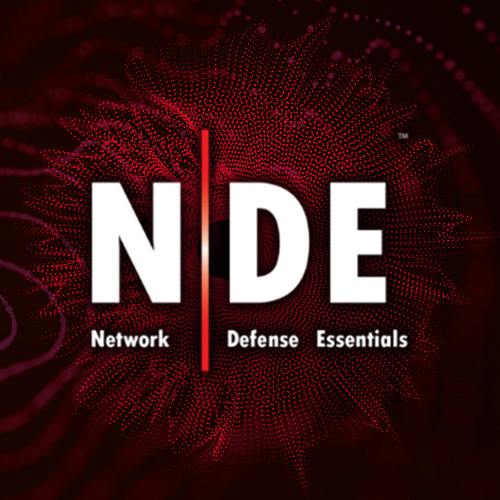Mode 01
Information Security Fundamentals
Information Security Fundamentals
Ethical Hacking Fundamentals
Information Security Threats and Vulnerability Assessment
Password Cracking Techniques and Countermeasures
Social Engineering Techniques and Countermeasures
Network Level Attacks and Countermeasures
Web Application Attacks and Countermeasures
Wireless Attacks and Countermeasures
Mobile Attacks and Countermeasures
IoT and OT Attacks and Countermeasures
Cloud Computing Threats and Countermeasures
Penetration Testing Fundamentals
EHE – Ethical Hacking Essentials
What is EHE?
Ethical Hacking Essentials is an introductory cybersecurity course that covers ethical hacking and penetration testing fundamentals and prepares learners for a career in cybersecurity. This ethical hacking course will introduce learners to computer and network security concepts such as threats and vulnerabilities, password cracking, web application attacks, loT and OT attacks, cloud computing, pentesting fundamentals, and more. EC-Council's ethical hacking essentials course provides hands-on practical experience to learners, thus giving them the skills necessary for a future in cybersecurity. Put your newly acquired abilities to the test with an exhilarating Capture the Flag (CTF) Exercise seamlessly integrated in our Capstone project. This CTF is seamlessly integrated by live virtual machines, genuine software, and real networks, all delivered within a secure and regulated sandbox environment. With these exclusive hands-on, human-versus-machine CTF challenges you will develop the hands-on skills essential for success in your cyber professional role.
What will you learn?
Who Is It For?
Course Objectives
The EC-Council's Ethical Hacking Essentials (EHE) course aims to provide foundational knowledge and practical skills in ethical hacking. Here are the key objectives of the course:
These objectives provide a comprehensive foundation in ethical hacking, preparing participants to understand and address security threats, perform vulnerability assessments, and implement protective measures to secure systems and networks.
Career Path Opportunities
Completing the Ethical Hacking Essentials (EHE) course from EC-Council can open up various career opportunities in the field of cybersecurity and IT. Here are some potential career paths:
These career paths leverage the foundational skills and knowledge gained from the EHE course, enabling individuals to pursue various roles in cybersecurity and information technology.
Exam Information
Exam Title: Ethical Hacking Essentials
Number of Questions: 75
Duration: 2 Hours
Exam Availability : ECC Exam Center
Test Format : Multiple choice
ComputerLand Romania welcomes specialists in the field of information security by concluding a partnership with EC-Council, the provider of some of the most appreciated training programs in this field, and brings to Romania a varied range of courses and certifications.
iLearn Self-Paced is a distance learning program, designed for those who cannot attend a live course, for people who have a very busy schedule and want to learn at their own pace, through individual study. This comprehensive training program offers the advantages of self-paced classroom training.
A world leader, EC Council offers information security courses and certifications in all major information security disciplines, including computer security, computer security, network security, application security, computer network penetration testing, computer forensics, and intrusion detection.
EC-Council estimates a success rate of over 90% in the exam for IT specialists who study using these iLearn packages for the estimated duration and using the preparation guide
Online training modules led by experienced EC-Council instructors
Information and Registration Ec-Council Courses – Computerland Romania
Computerland Romania
Soseaua Fabrica de Glucose 15, Bucharest 020331

 NDE – Network Defense Essentials
NDE – Network Defense Essentials